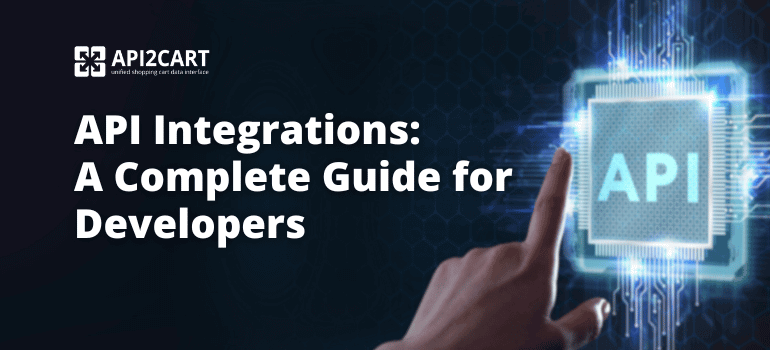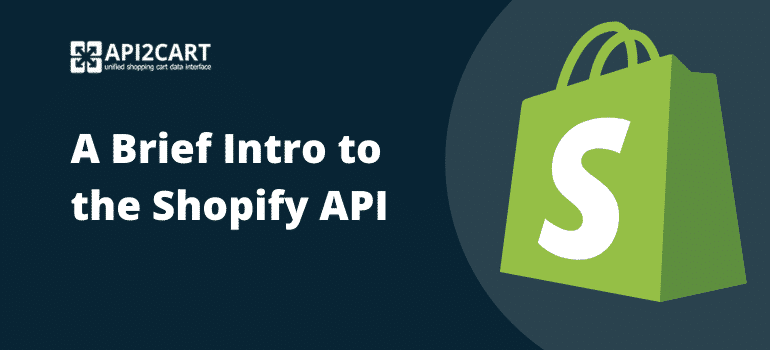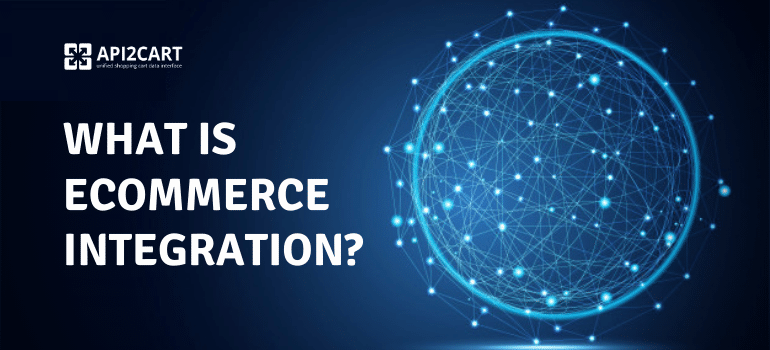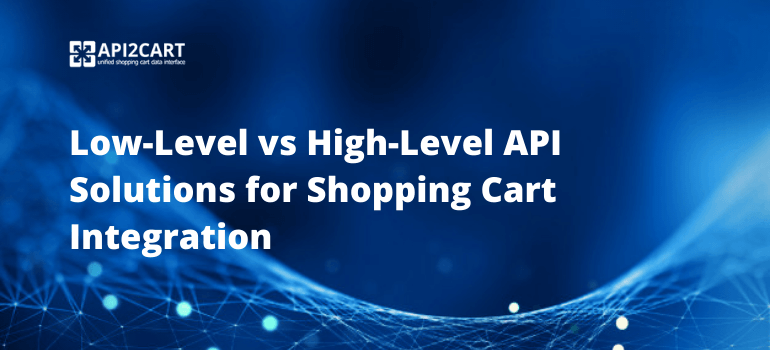
eCommerce B2B applications don’t function on their own. They are a part of the eCommerce ecosystem, which is made of many interconnected constituents like shopping cart software and various others. As to eCommerce B2B software vendors, running their functions typically implies using data from online stores. And that is the reason why shopping cart integration is essential for such kind of software.
Shopping cart integration is a very complicated task for B2B eCommerce vendors, though there are solutions that make integration easier. Such services (shopping cart integration solutions) may offer vendors low-level or high-level APIs, and it may be difficult to choose which one to choose for the business. So let us spell out the difference.
Abstractions in Computing
We are starting with the conception of abstraction in computing, because when one talks about low-level and high-level with regard to APIs, they usually mean abstraction level, which is a term to describe the amount of complexity of a computer system. Abstraction is used to hide underlying implementation details so that users could work with the system making minimum efforts to get the wanted result. APIs can have a high or low level of abstraction.
High-level APIs
High-level APIs come with fewer details. Users can perform a defined set of simple functions just by clicking the button. High-level APIs provide more functionality within the one command and are easier to use in comparison with low-level APIs. There is no need to delve deep into the technical details and API structure, which makes them usable even for non-tech people. However, this simplicity is achieved at the cost of limited functionality options and flexibility. If you have the intention to expand your app’s functionality or have some extraordinary needs regarding an integration solution, it will be much more difficult to customize a high-level API.
Low-Level APIs
Well-elaborated low-level APIs are more powerful and detailed, though more intricate in use. They are meant for vendors with experienced application programmers in the crew and wanting a wide range of capabilities. One of the major advantages of using low-level APIs rather than high-level APIs is enhanced functionality and efficiency, which makes low-level APIs more customizable. Unlike the high-level interface, it allows software vendors to adjust API to their needs and extend functionality freely.
Finishing touch
If your software system has ordinary and modest needs(like to use, update and delete data retrieved from e-stores), and you have no intention to either expand or change it’s functionality considerably, integration via a high-level API will go great with your solution. In case you want a more robust and flexible integration solution for your B2B eCommerce software, low-level APIs will be much more beneficial. An example of such integration solution is API2Cart.
API2Cart is a service that offers eCommerce software vendors a unified low-level shopping cart API. It enables systems to get connected with multiple eCommerce platforms at once. Among them are all industry leaders such as Magento, WooCommerce, BigCommerce, Shopify, PrestaShop as well as other platforms.
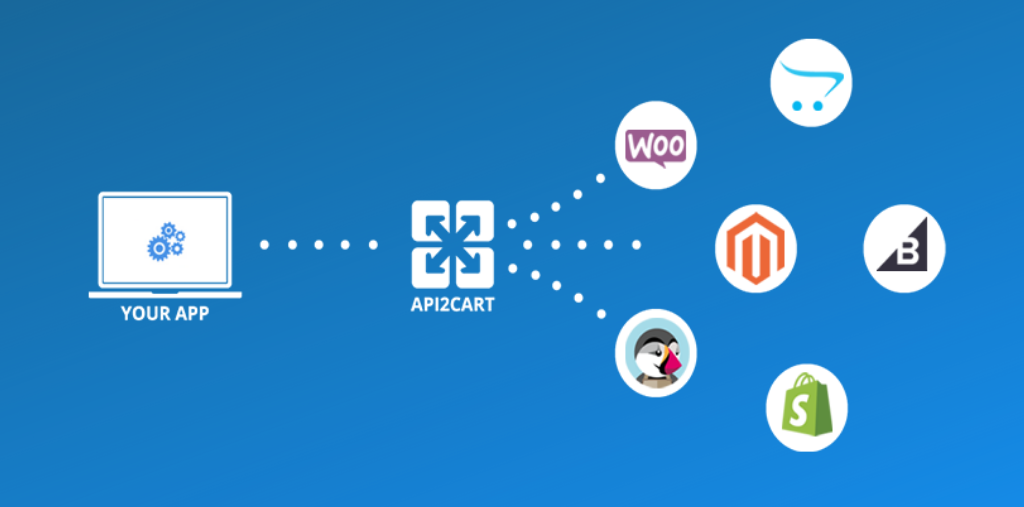
The API2Cart unified API is well-structured and easy to integrate with. Detailed documentation makes its utilization simple, the wide range of request options empower users with the full scope of capabilities, and 60+ supported shopping platforms enable vendors to extend their market share considerably.
API2Cart is a perfect API integration service for those software providers who work on the sphere of shipping management, order and inventory management, warehouse management, repricing, marketing automation, dropshipping automation and others.
So, if you run any B2B software for eCommerce and are interested in integrating your solution with multiple shopping cart solutions, you can either schedule a consultation with our representative and he will answer all your questions or try how API2Cart would work for your business Notice that you can try the full range of API2Cart functionality for 14-days absolutely for free!
